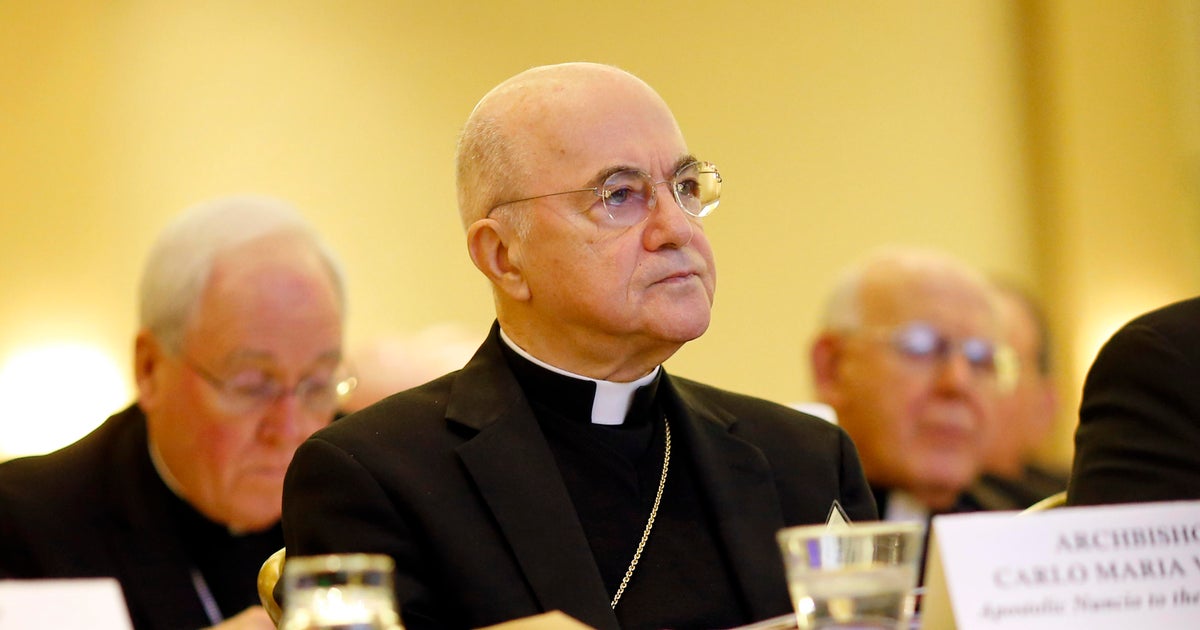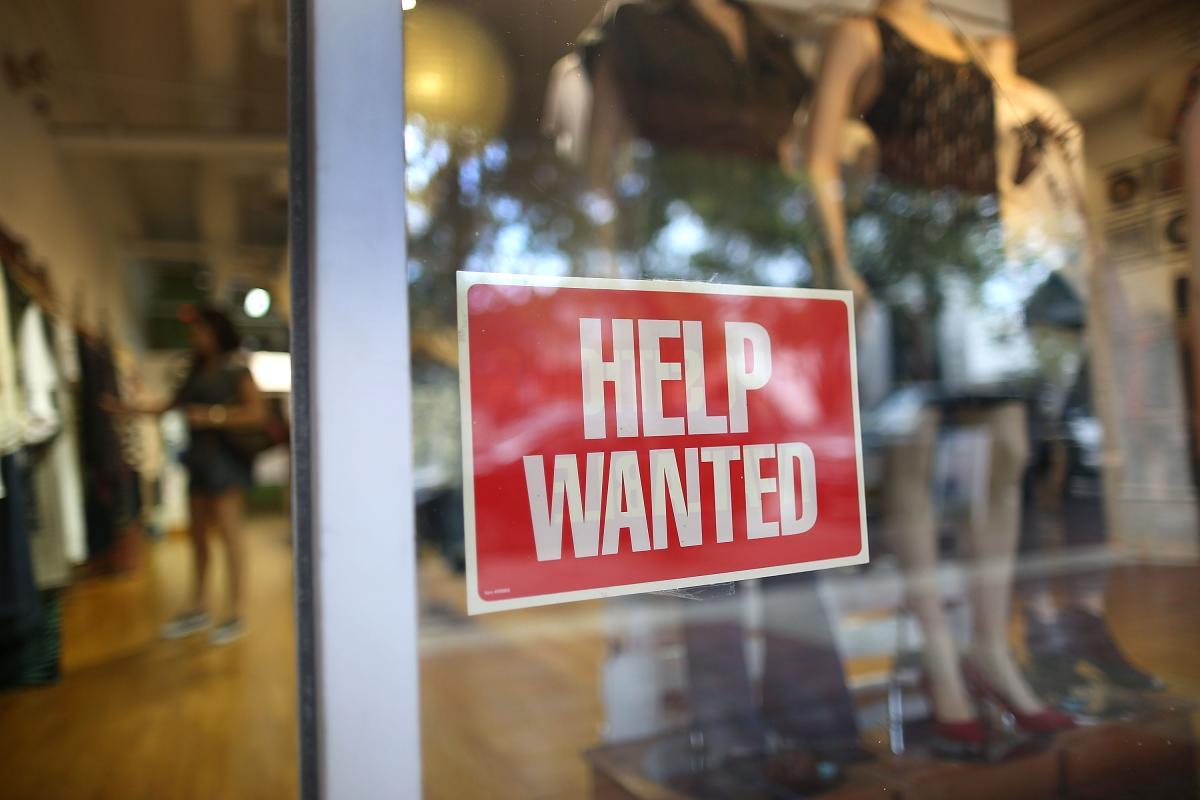The President of Kenya William Ruto says the country will have to borrow more to keep the government running after the rejection of a hugely unpopular finance bill that would have raised more money in taxes.
The president said last Wednesday he would withdraw the bill containing controversial tax increases after deadly protests that set parliament on fire.
But on Sunday he said scrapping the bill had set the country back two years. He explained how difficult it is not to be able to raise additional taxes while struggling with a huge debt burden.
He said this meant Kenya would have to borrow a trillion shillings ($7.6 billion; £6.1 billion) just “to run our government”.
This is an increase of 67% compared to what was planned.
But he also said he was considering cutting government spending, including in his own office, and reducing allocations to the judiciary and provincial governments.
Many demonstrators protested the tax increases, arguing that the extra money would be wasted.
The additional taxes should raise about 350 billion Kenyan shillings, while about 600 billion would be borrowed.
The president said the proposed tax measures were part of efforts to reduce the country’s debt burden of more than $80 billion (£63 billion). About 60% of Kenya’s revenue goes to servicing debt.
“I have worked very hard to get Kenya out of the debt trap… It is easy for us as a country to say, ‘Let’s reject the finance bill.’ That is fine. And I have said nicely that we will reject the finance bill, but it will have huge consequences,” the president told reporters on Sunday night.
Mr Ruto said the budget rejection would affect the employment of 46,000 secondary school teachers on temporary contracts, as well as the health sector.
He said the government would not be able to support dairy, sugar cane and coffee farmers even by paying off the debts of their factories and cooperatives as planned.
However, he said he was considering issues raised by those opposing the bill, including cutting his office’s spending and eliminating budgets for the first lady and vice president’s wife.
Despite the withdrawal of the finance law, there is still anger against the government and more protests are planned this week.
The protesters are demanding more accountability from the government and some are even calling for the president to resign.
They are also outraged by the government’s insensitivity towards their situation and accuse the police of brutally cracking down on the protests.
According to a medical association, at least 23 people have been killed and many injured.
On Sunday, the president said police had “done their best.”
“If there are excesses, we have mechanisms to deal with them [they] be treated,” he said.
You may also be interested in:

Go to BBCAfrica.com for more news from the African continent.
follow us on twitter @BBCAfricaon Facebook at BBC Africa or on Instagram at BBCAfrica







